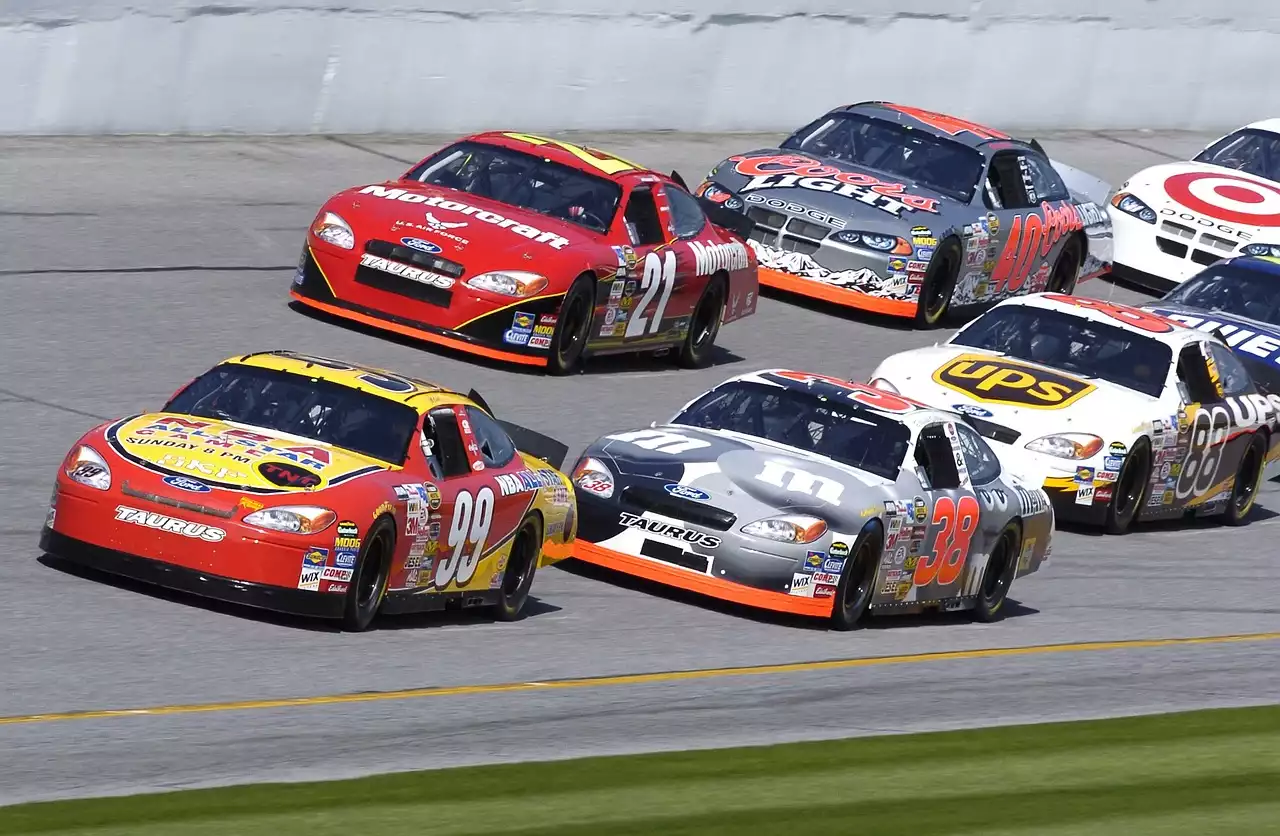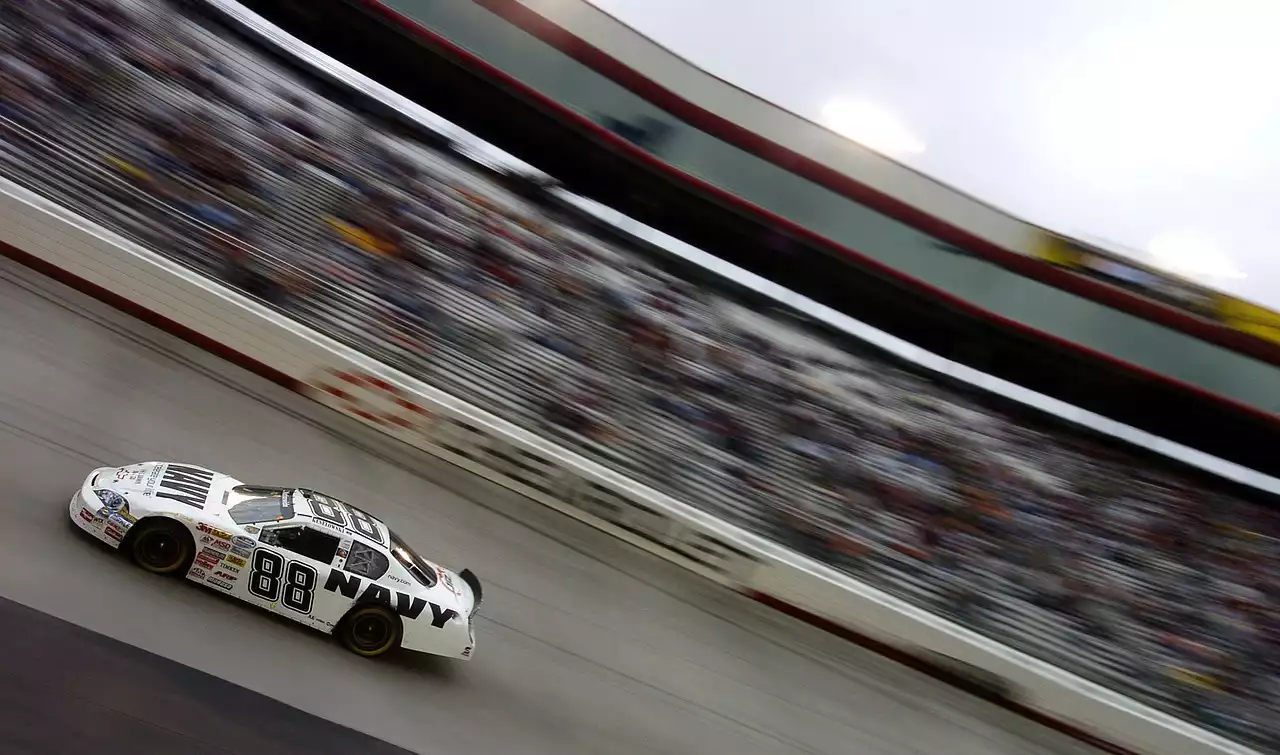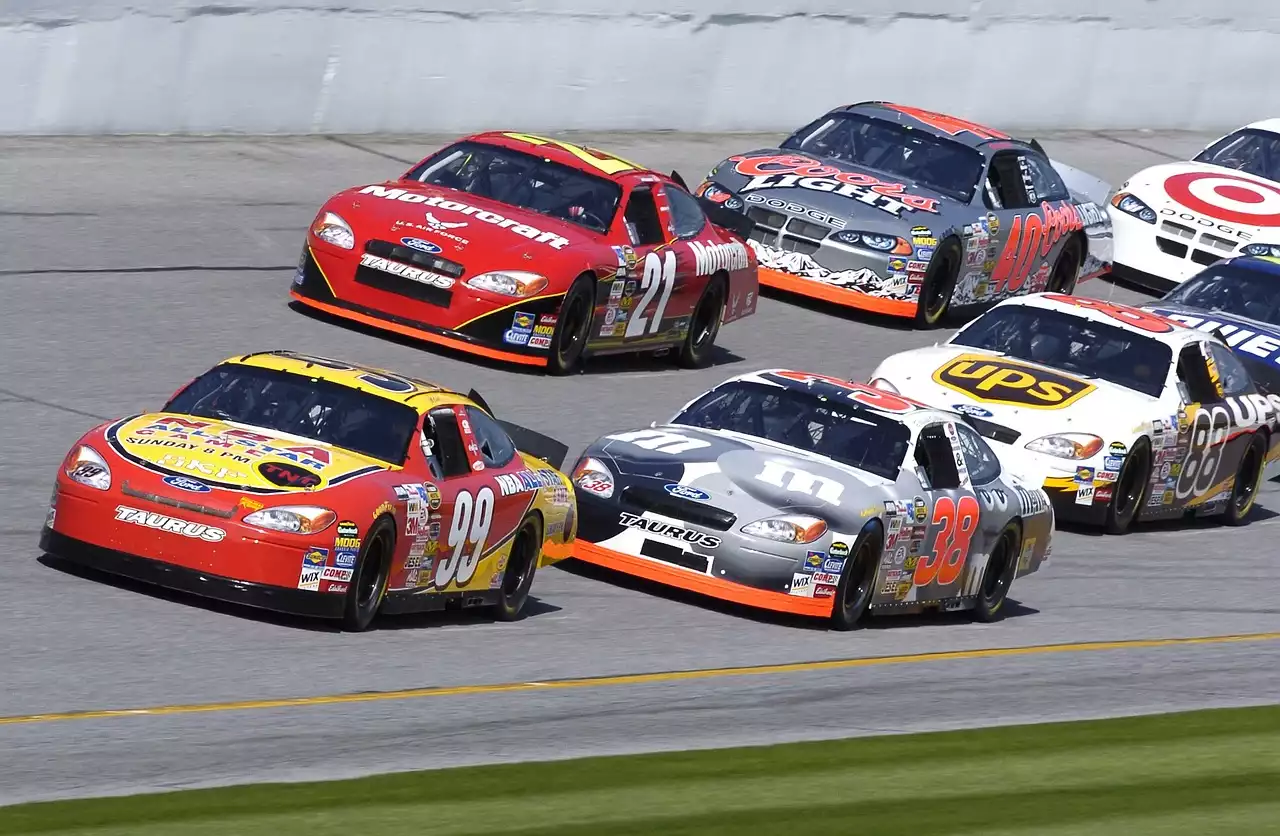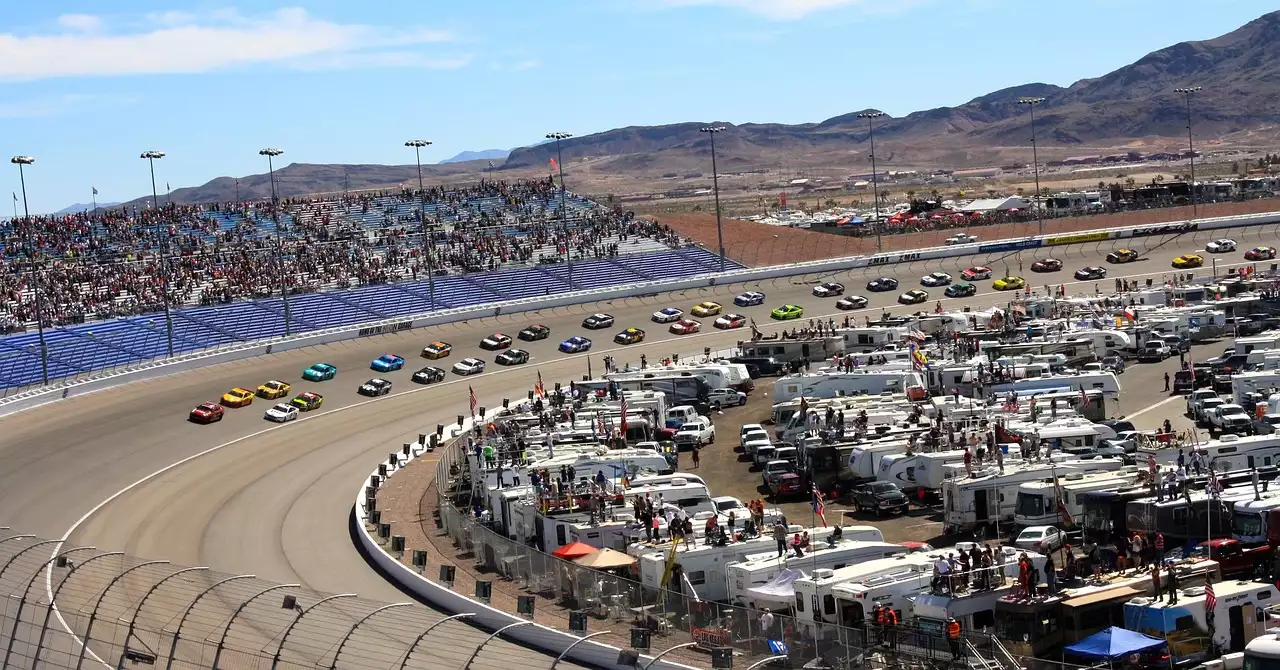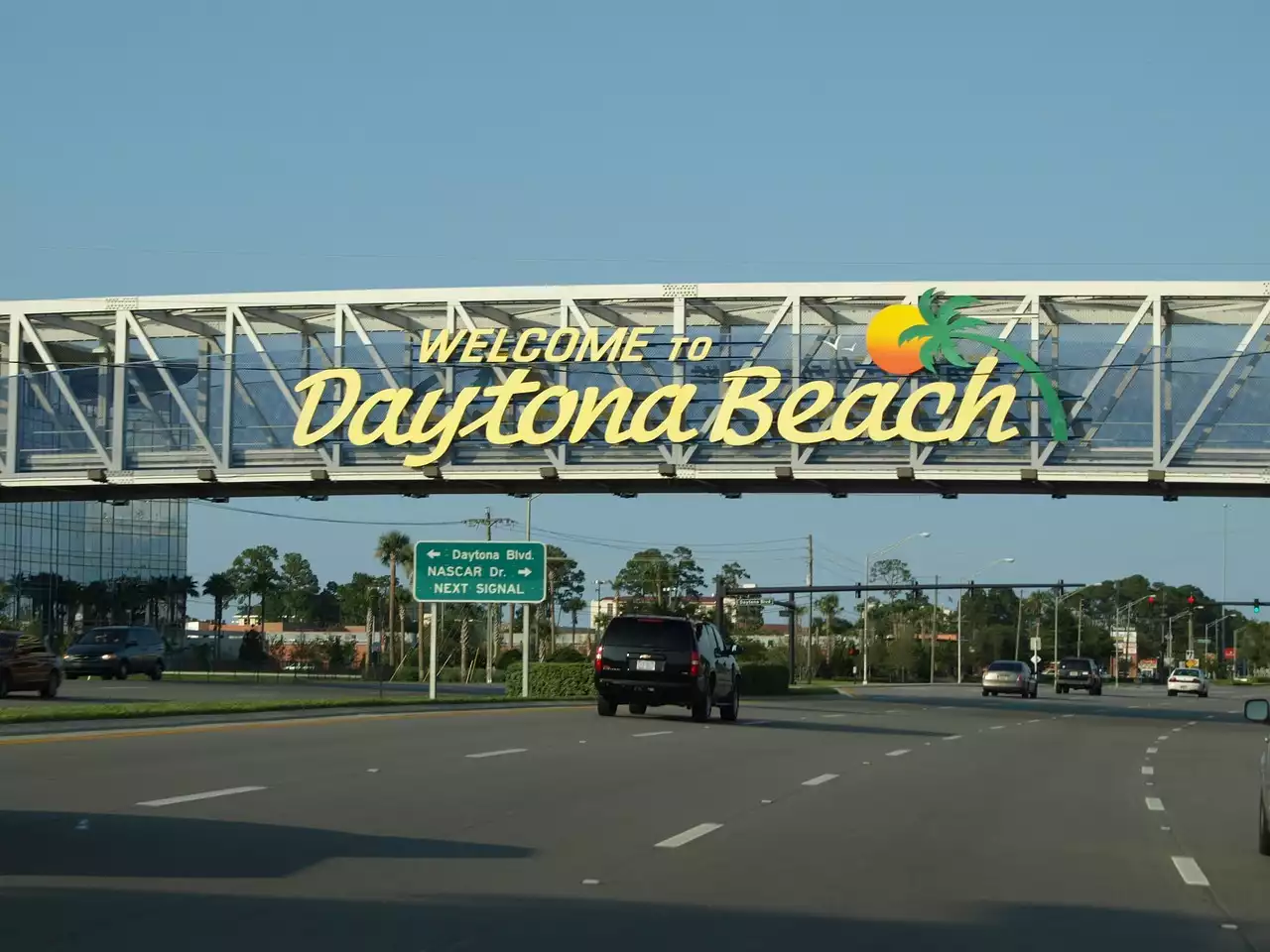History of the NASCAR Cup Series
The NASCAR Cup Series has a rich and storied history that dates back to its founding in 1949. The brainchild of Bill France Sr., the NASCAR Cup Series was created to provide a unified platform for auto racing in the United States. In the early days, the series was dominated by a handful of drivers, including Richard Petty, who won a record seven championships between 1964 and 1979. Petty's success helped to elevate the NASCAR Cup Series to new heights, and by the 1980s, it had become one of the most popular sports in America. Today, the NASCAR Cup Series is a global phenomenon, with races held in countries around the world. It's a testament to the enduring appeal of this thrilling sport, and the passion of its fans who never tire of the high-speed action and drama on the track.
How the NASCAR Cup Series works
The NASCAR Cup Series is a season-long competition that consists of 36 races, known as "points races," and two exhibition races. The season begins in February with the Daytona 500, which is considered the most prestigious race on the NASCAR calendar. Throughout the season, drivers compete for points based on their finishing position in each race. The driver with the most points at the end of the season is crowned the NASCAR Cup Series champion. In addition to the points races, there are also two exhibition races: the Clash at Daytona and the All-Star Race. These races are not part of the regular season, but they still provide an opportunity for drivers to compete against each other and showcase their skills on the track.
The most popular NASCAR Cup Series races
While every race on the NASCAR Cup Series calendar is exciting in its own right, there are a few that stand out as the most popular among fans. The Daytona 500 is undoubtedly the most prestigious race in the series, and one of the most important races in all of motorsports. Held each February at the Daytona International Speedway, the Daytona 500 is known for its high-speed action and nail-biting finishes. Other popular races on the NASCAR Cup Series calendar include the Coca-Cola 600, held each May at the Charlotte Motor Speedway, and the Southern 500, held each September at the Darlington Raceway. These races are known for their history, tradition, and the passionate fans who come out to support their favorite drivers.
NASCAR Cup Series teams and drivers
The NASCAR Cup Series is home to some of the most talented drivers in the world, as well as some of the most iconic teams in motorsports. From Hendrick Motorsports to Joe Gibbs Racing, these teams are responsible for building and maintaining the cars that compete in the NASCAR Cup Series. They employ some of the best engineers, mechanics, and support staff in the industry, and they spare no expense when it comes to developing cutting-edge technology and equipment. The drivers themselves are also some of the most recognizable names in motorsports. From Dale Earnhardt Jr. to Jimmie Johnson, these drivers have become household names thanks to their success on the track and their ability to connect with fans.
NASCAR Cup Series rules and regulations
The NASCAR Cup Series has a complex set of rules and regulations that govern everything from the size of the engines to the design of the cars. These rules are designed to ensure a level playing field for all competitors, and to promote safety on the track. For example, NASCAR mandates the use of safety equipment like roll cages, fire suppression systems, and HANS devices to protect drivers in the event of a crash. In addition to safety regulations, NASCAR also imposes strict rules on the cars themselves. These rules cover everything from the size of the engines to the design of the bodies, and they're designed to promote fair competition and prevent teams from gaining an unfair advantage.
The future of the NASCAR Cup Series
The future of the NASCAR Cup Series is bright, with new technologies and innovations on the horizon that promise to make the sport even more exciting and engaging. One of the biggest developments in recent years has been the introduction of the Gen 6 car, which features a sleeker, more aerodynamic design that improves performance on the track. NASCAR is also exploring the use of hybrid and electric engines, which could help to reduce emissions and make the sport more sustainable. As the sport continues to evolve, one thing is certain: the NASCAR Cup Series will continue to be a thrilling and exhilarating experience for fans and drivers alike.
The impact of the NASCAR Cup Series on auto racing
The NASCAR Cup Series has had a profound impact on auto racing, both in the United States and around the world. With its high-speed action, fierce rivalries, and cutting-edge technology, the NASCAR Cup Series has become a global phenomenon, attracting fans and drivers from all corners of the globe. It has also helped to elevate the profile of auto racing as a sport, and has paved the way for other racing series to gain popularity and recognition. But perhaps the biggest impact of the NASCAR Cup Series has been on the drivers themselves. Through their dedication, hard work, and determination, these drivers have become role models and heroes to millions of fans around the world, inspiring a new generation of racers to follow in their footsteps.
NASCAR Cup Series controversies and scandals
Like any sport, the NASCAR Cup Series has had its fair share of controversies and scandals over the years. From cheating scandals to driver feuds, the NASCAR Cup Series has seen it all. One of the most infamous controversies in NASCAR history was the 2008 "Cotgate" scandal, in which several teams were caught using illegal modifications to their cars. While these controversies can be damaging to the sport's reputation, they also provide an opportunity for NASCAR to demonstrate its commitment to fair play and sportsmanship. By taking swift action to address these issues and punish those responsible, NASCAR can show its fans and competitors that it takes the integrity of the sport seriously.
